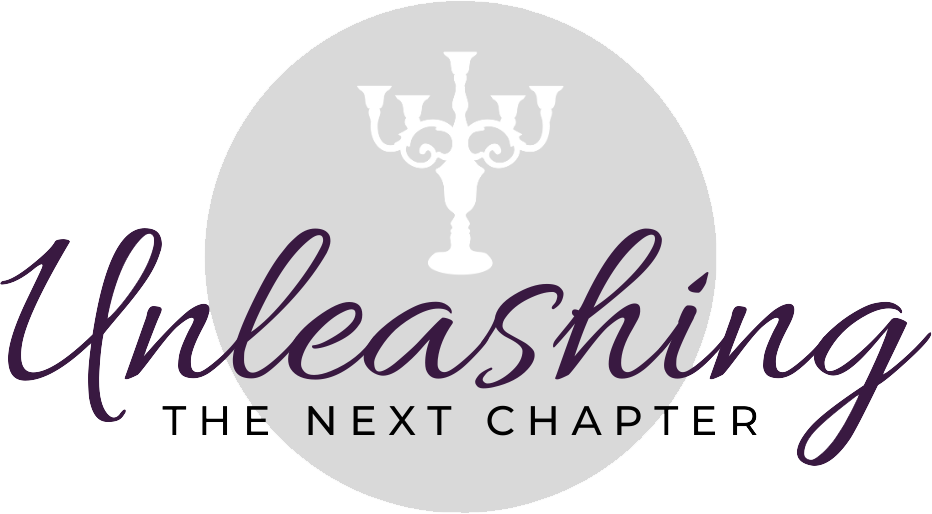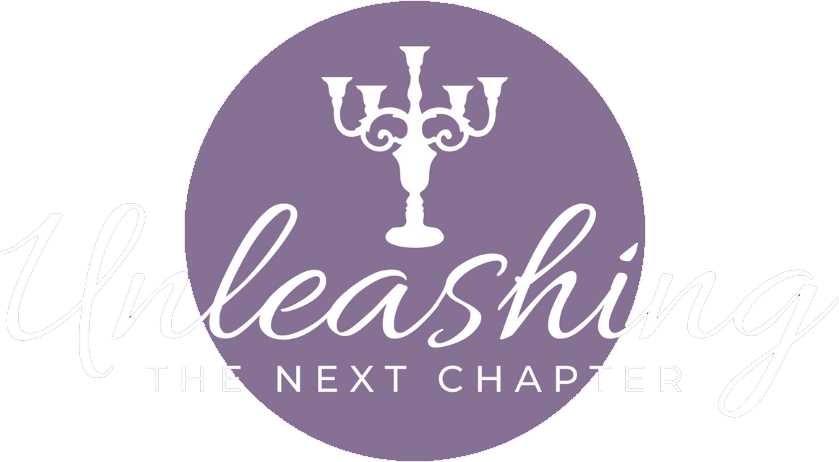I was recently trying to help a friend who found herself in a rough spot. She kept telling me she had no ideas and was terrified of what was going to happen, yet every suggestion I made she responded to by saying she wasn’t comfortable asking that person for help, or she didn’t want to impose on anyone. Although I could appreciate her desire to be independent, it also made me sad as I knew that each of the people I suggested she contact would be thrilled to be able to help. Over the years I have learned and experienced the joy inherent in both helping others and being blessed by the help of others. Depending on the day and situation, I am happy to say I am regularly on both ends of the help spectrum.
I’ve been mulling this over for a couple weeks, and it led me to think of the many writers I know who are going it alone. I keep hearing people say that writing is such a lonely and solitary career choice. That has not been my experience. Judging from the acknowledgements pages in every book I’ve ever picked up, I would also dare to say it’s not the experience of most published authors either.
If you are struggling to write on a figurative island, I would like to help you by making a number of suggestions:
- Network with other writers! There are online and real life organizations for writers of all genres and levels of experience. Most believe in “paying it forward” by teaching and mentoring new writers. Good places to start are NaNoWriMo.org, Mystery Writers of America, Romance Writers of America, and by googling a local writers’ guild.
- Take a writing class! Local community colleges, libraries, universities, guilds, and writers’ conventions often sponsor events ranging from a Saturday morning workshop to a full semester course for credit. If you don’t need the credit consider auditing the course, or if you’re over 50 ask if there is an emeritus program.
- Join a Critique Group! My local writers’ guild sponsors a critique group that meets monthly. Also ask at your local library or bookstore. If you don’t live close to others or the meeting times aren’t convenient, you can join online groups like Scribophile or CritiqueCircle. Some critique groups are very supportive and encouraging of new writers, and some are geared more for the thicker skinned, more experienced writers. Most groups will encourage you to sit in and observe a time or two so you can get a feel for how they function and make sure it’s a good fit for you before you participate.
- Attend local author events! Bookstores and libraries are wonderful places to meet and listen to other authors talk about their work. Many of these events are free, although some will ask you to purchase the book before the event. I have attended small no-frills events for first-time authors and elaborate affairs complete with wine and hors d’oeuvres for international best-sellers. All have been entertaining, and I learned more about each authors’ experiences, interests, and processes. Go prepared with a question or two, as most of the authors were more than happy to end the event with a Q & A session.
Now, I must warn you that there is a downside to participating in many of these events. There are so many wonderful and talented writers, that there is a very real danger that you may develop such a social writing life that you run out of time to write. However, considering the great friends I have made in the writing community, I strongly encourage you to take the risk. Happy Writing!



Leave A Comment